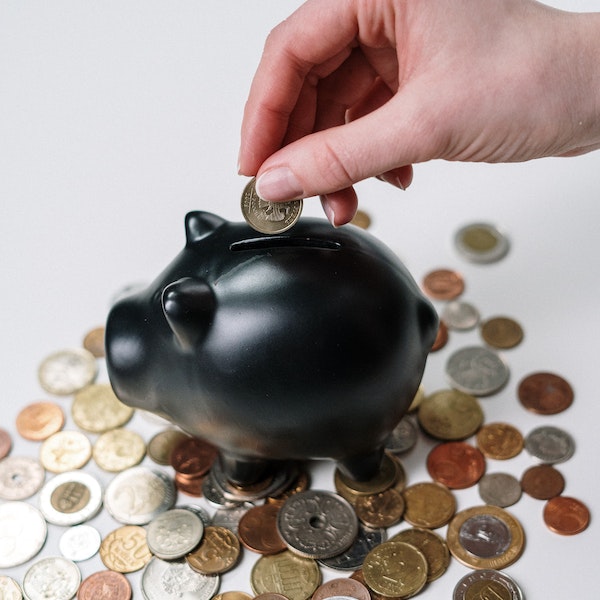Finding ways to save money?
Well, we all want to save money more or less for many reasons, but doing it in real makes it very hard.
However, the only way of survival is to save for your future, so learning how to save money has become an essential life skill.
According to a recent survey by the National Savings and Financial Conduct Authority, 69% of individuals don’t have enough savings to cover unexpected expenses.
So if you aim to create an emergency fund, plan for big purchases, or simply reduce financial stress, you have come to the right place.

The importance of saving money
To know the importance of saving money is the first step towards a milestone. Here are some undeniable reasons to save money.
Financial future
Saving money is a favorable approach to achieving financial stability and securing your future.
Emergency preparedness
People might not always assist you in difficult situations, but your saving always does.
A robust saving ensures you’re prepared to face these unexpected challenges without taking debt from someone.
Financial independence
Saving money empowers you to seize opportunities that come your way. Whether it’s pursuing further education, starting a business, or embarking on a dream vacation, it gives you the financial flexibility to make your choices.
Retirement planning
Establishing a retirement savings plan early helps secure your future so that you can maintain your quality of life and enjoy your golden years comfortably.
Peace of mind
Financial stress can greatly affect your mental and emotional well-being.
Having savings provides a sense of security and peace of mind, knowing that you are financially stable to handle unexpected challenges without sacrificing your quality of life.
Legacy building
If we see a broader perspective of saving money, building wealth over time allows you to leave a lasting legacy, ensuring that your loved ones have financial support and opportunities beyond your lifetime.

Ways to save money
Let’s discover some of the life-changing ways that can help you save money in less time.
Track your spending
The first step is to understand your spending by tracking them weekly or monthly.
You should keep a record of all your monthly expenses that involve both big and small purchases to have a clear picture of where your money goes.
Create a realistic budget
Once you’ve assessed your spending, it’s time to create a budget that works for you.
Allocate your income into categories involving big expenses and small expenses such as housing, transportation, food, entertainment, and savings.
According to financial experts, the 50/30/20 rule is a popular guideline – allocating 50% of your income to needs, 30% to wants, and 20% to savings and debt repayment.
Small changes, big savings
Making your spending economical doesn’t mean sacrificing all your pleasures; it’s about making intentional choices to stretch your money further.
A few ways that may help are cooking at home, using public transport, reducing purchasing high-end branded products, etc.
Bureau of Labor Statistics reported you can save up to $2,000 annually only by cutting down dining out and cooking at home.
Build an emergency fund
Believe me, life is full of surprises, and not all of them are pleasant. That’s why building an emergency fund is crucial.
Experts recommend setting aside three to six months’ worth of living expenses in an easily accessible account.
Automated savings
Saving money in a bank can help a lot. Most banks offer the option to automatically transfer a portion of your paycheck into a savings account.
You should treat your savings as a non-negotiable expense. Just set it and forget it.

Takeaway
In a nutshell, the importance of saving money cannot be overstated.
Money-saving habit leads to a prosperous future. It’s a beginning towards financial security and independence with confidence.
Some common ways to save money, such as tracking your spending, crafting a realistic budget, and embracing frugal habits, can be of great hand toward financial stability.
FAQs
How much should I aim to save each month?
While individual circumstances vary, saving at least 20% of your income is a general rule of thumb. If that’s not feasible, start with a smaller percentage and gradually increase it over time.
What’s the difference between a savings account and an emergency fund?
A savings account is for general savings and can be accessed whenever needed. On the other hand, an emergency fund is specifically reserved for unexpected expenses like medical bills or job loss.
Are there any apps that can help me track my expenses?
Yes, there are numerous budgeting apps available, such as Mint, YNAB (You Need A Budget), and PocketGuard, which can assist you in tracking your expenses and sticking to your budget.


